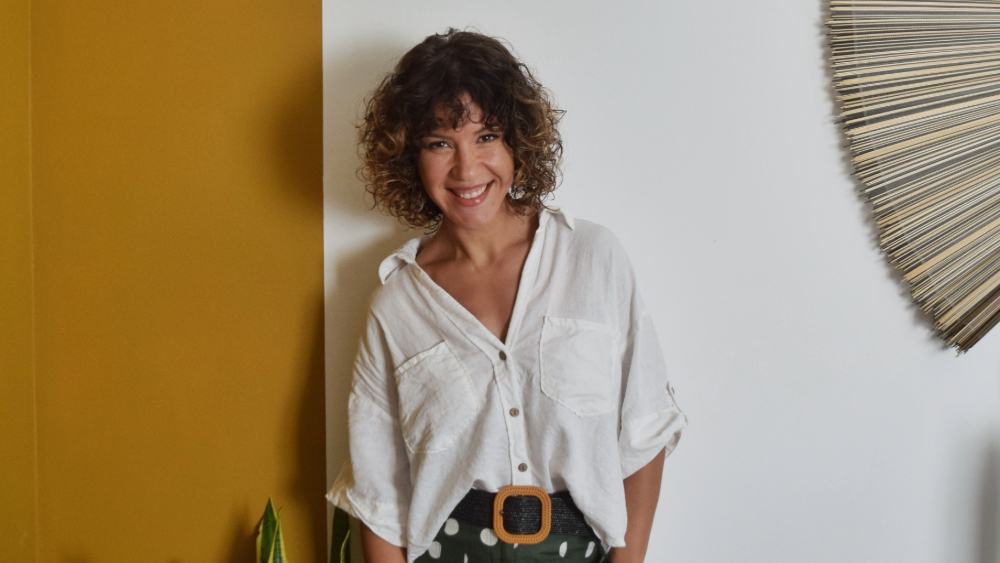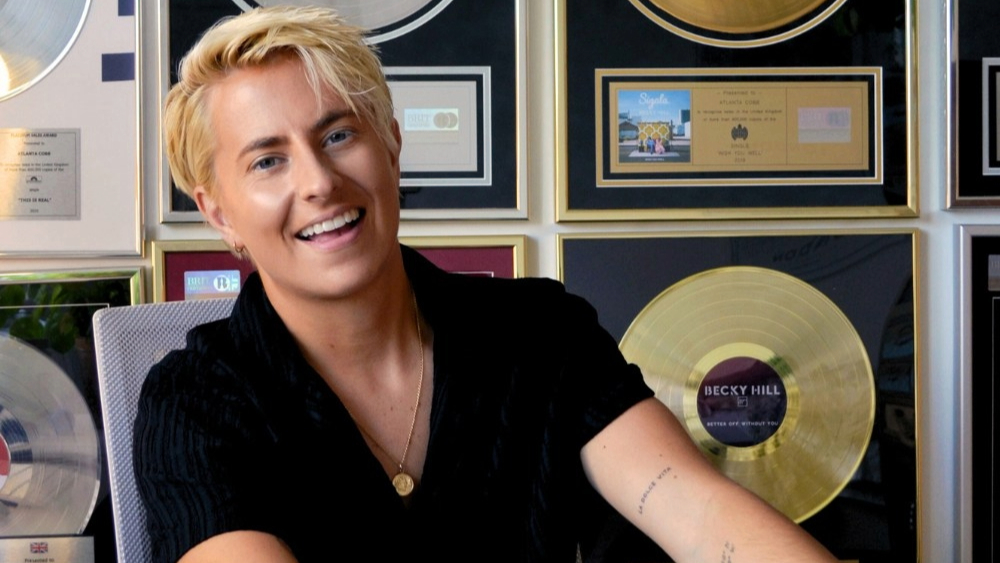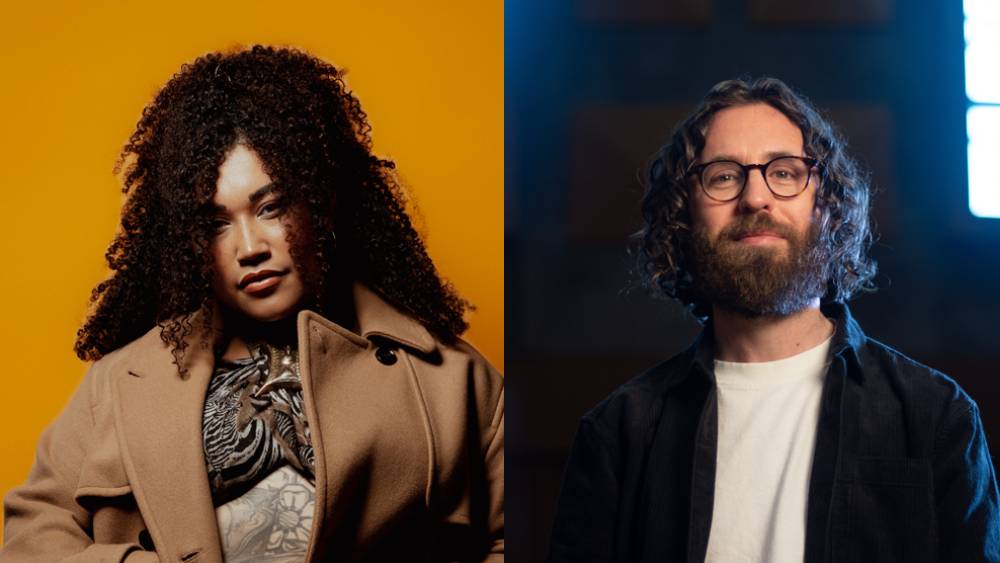From nervously standing at the side of the stage before your first show to triumphantly taking in the adulation of your audience at the end of a festival set, there can be a real range of emotions when performing live. In my time in the industry, I’ve even seen music creators walking off stage in tears — not because their show went badly, but because they finally felt like they belonged.
Live shows transform the songs you wrote in your bedroom, helping forge real connections with actual people in real time. It’s where you sharpen your identity as an artist — not just in how you sound, but in how you carry yourself on stage, how you connect with an audience and how you can hold your own in the wider industry.
Amid all the adrenaline and emotion that comes with playing live, there's one crucial task that can't be overlooked: reporting your live performances to PRS. Whether it’s one of your own gigs, a festival show or even a DJ set, live performances of your music can earn you money in the UK and around the world. Reporting your setlists from your shows ensures that PRS can collect and distribute royalties directly to you.
If music is your job, you need to treat every gig not only as a chance to connect with your fans and potential new fans in real life, but also as a business opportunity. Remember: from the smallest pub gig to the biggest festival stage, your shows can generate royalties. Think of it as your intellectual property at work — those royalties are a direct reward for your performance, your songs and the value you bring to a live audience.
This becomes especially important during festival season. When you're bouncing between multiple events or even countries, administrative tasks easily slip the mind. But one weekend of shows might be worth more than you think, especially if you’re performing your own compositions. You might think a 2pm set on a small stage won’t make much of a difference, but, when tracked correctly, even gigs of that size can help maximise your income as a live performer.
I have good news for you: PRS make this process incredibly straightforward. Just follow these three simple steps:
1. Log in to your PRS account
You can do that by visiting the PRS website. Not signed up to PRS yet? There's no time like the present — it’s a swift and easy process to sign up. If you’re under 25, it costs just £30 to join.
2. Detail when and where your performed
Date, venue, event name — these details all matter. Greater accuracy at the reporting stage will ultimately help PRS determine your share of royalties.
3. Build and submit your setlist
List the specific songs you performed: song titles, co-writers (if any) and durations (if known). Keep a running list of these setlists in your Notes app or on a spreadsheet.
That’s it: you’re all done. Sure, it takes a few minutes, but those minutes will lead to royalties, meaning more money in your account. Sounds good, right? Make reporting your performances a non-negotiable part of your post-gig routine.
'From the smallest pub gig to the biggest festival stage, your shows can generate royalties.'
Now you've handled that important bit of admin, what else can you do to maximise every live performance opportunity, especially during festival season? Here's a few more tips.
Start building momentum before you step on that stage
Gone are the days of simply posting your gig poster on Instagram and hoping that that alone will sell tickets. Nowadays, promo really matters.
Take your audience on the journey with you as you build up to the main event. Treat each show like a launch by sharing rehearsal clips, behind-the-scenes content, travel moments and outfit prep. You could even create a 'show diary' — a highlights reel that documents each performance weekend — for your socials. Such insights give your audience something to follow and showcases your work ethic over time.
Remember to tag venues, festivals and your fellow artists in your posts. These small efforts, repeated consistently, build digital visibility and will often attract new fans and future opportunities.
Capture live content that keeps working
Don’t just play your show — document it. Have someone (a friend, a fan, a team member, a hired photographer) record your performance. Even 10-second clips can become engaging content for Reels, TikToks or press pitches.
Pro tip: after the gig, film a short post-set reflection — covering what went well, what surprised you and what you learned. This raw, real-time footage will help build your personal brand and position you as a professional who takes their job seriously.
Network like a professional
Festivals and shows are often filled with potential collaborators, bookers and media professionals. While you shouldn’t ever try to force a connection, a simple, genuine compliment can sometimes lead to future bookings — just never open with, ‘So, what do you do?’
Generate an accessible QR code to your music or key links on your phone to make it easy for people to find and remember you. Once you’ve made a connection, try to follow up within a few days. A short message like ‘So lovely to meet you — would love to stay in touch!’ goes a long way.
Reflect, refine, repeat
Live performance is the best teacher. After each show, carve out time to reflect on the following:
- What worked?
- What connected with the audience?
- What threw you off?
- How did you feel on stage?
Recordings of your performance can be painful to watch at first, but they’re invaluable. You’ll spot habits you didn’t realise you had, identify pacing issues and find small tweaks that make your next set even better. The more you watch, the more you learn.
Making music your business doesn't mean sacrificing your creativity or ‘selling out’. It means respecting your craft enough to build the infrastructure it deserves. The artists who build lasting careers are the ones who show up ready — not just creatively, but professionally too.
You can follow Atlanta Cobb here and visit her Music Industry Mentor website.





